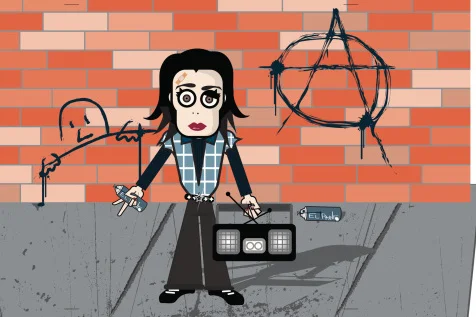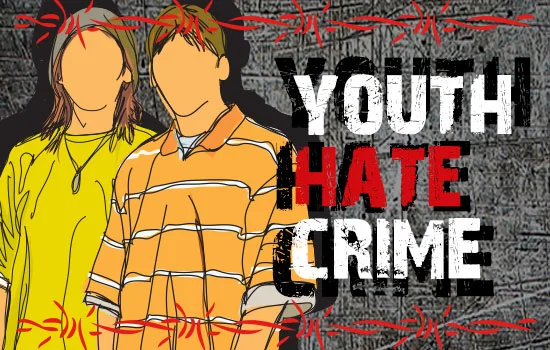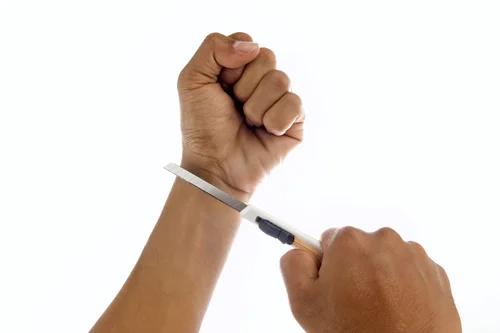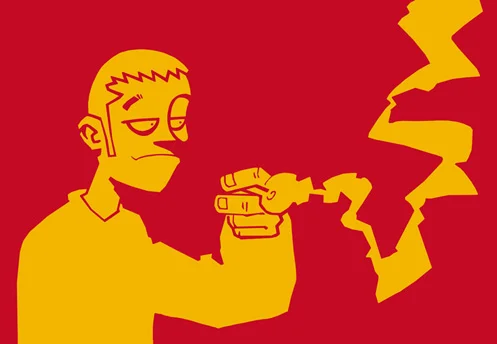+1 845 259 2974 (11 a.m to 7 p.m CST)
Juvenile Delinquents: Impact on Younger Siblings

“A delinquent child may be passing down more than just used clothes to younger siblings”
- Bert O. Burraston in ‘Brothers in Deviance’
When we say boys will be boys, argues Burraston, we give lot of room to parents to overlook the bullying pattern of an older brother towards younger siblings. Recent studies conducted show that this is very likely that bullying among older siblings translates into aggression in younger ones, making them bullies or worse. In fact, researchers also suggested in their studies that juvenile delinquency and crime in older siblings would most likely translate into violence in his younger siblings before parents realize the extent of damage. Teenage boys would like to train their younger siblings, particularly brothers to make them partners in crime. The training may occur consciously or subconsciously, depending on the bond between the siblings.
Studies suggest that there are high chances that younger siblings would follow footsteps of a trouble maker older sibling. If the bond is strong between the siblings, then the younger one would do anything to please his older sibling – even committing a crime or getting into trouble. It is advised that parents follow a two-pronged approach while handling troubled teenagers – provide youth services to the older delinquent sibling and address risk of younger siblings getting influenced.
The Pittsburgh and Cambridge Longitudinal research stresses on the role of parents and older siblings in determining violent or delinquent behavior of a child. The study maintains that most important factor in youth crimes remains the criminal activities of the father – estimated 63% of juveniles are at risk of committing crime because of their fathers’ criminality. Another major factor for juvenile delinquency determined in this research is influence of an older sibling involved in crime. This effect is more pronounced in children who do not have parental supervision and are under the care of a delinquent older sibling. The chances are high that such children will end up being juvenile offenders themselves.
However, there are several other factors that cause delinquent behavior in a child. According to the research paper, variables such as gender, family structure, IQ level, social and financial background of family and generic or biological issues play significant roles in determining child’s inclination to violence and crime. These strategies or programs focused on family-based interventions, which could determine behavior of the youth offender.























